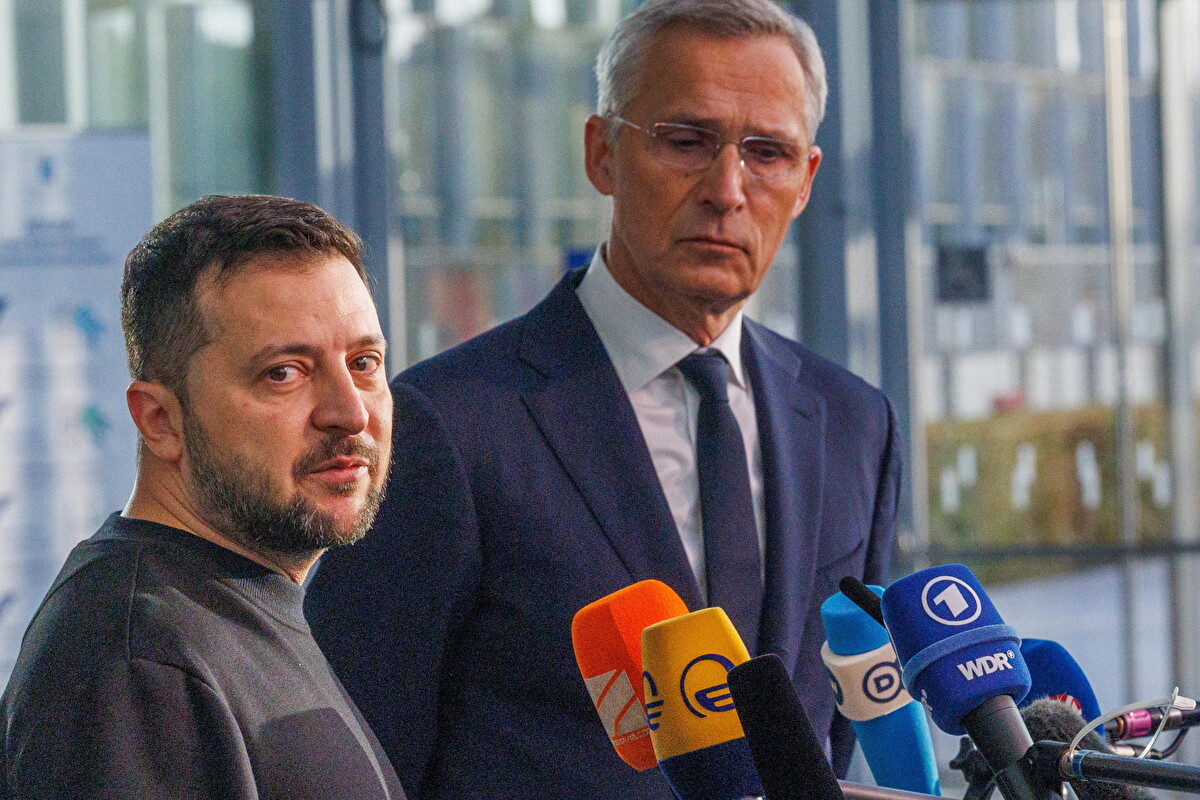Mario Platero is joined on a podcast by Federico Rampini, columnist for Corriere della Sera, and Maurizio Molinari, editor-in-chief of la Repubblica; over the course of one hour, they approach the Israel-Palestine conflict by contextualizing it into the broader, global narrative and explore its geopolitical ramifications.
Rampini begins by discussing the growing possibility of a second cold war with Russia and China. The escalation of the conflict, in his eyes, is a gift to them. It’s a situation that risks drawing America back into a territory they’ve wanted to leave for a long time and would be a second supporting campaign, whether direct or indirect, to that of Ukraine. The growing strain would by default mean that America has fewer resources to focus on the Indo-Pacific.
He expands the connection between Russia, China, and the Israel-Palestine conflict by reminding us that Iran is a crucial pillar of support for Hamas and that Iran in turn has strong relations with both superpowers. Rampini isn’t claiming they had any influence on the Saturday attack but they are certainly interested parties.
Platero and Rampini briefly touch on the attack’s economic impact on the global economy. Rampini, returning to his comparison to September 11th from earlier, says that while it was a historic event, in reality, it had a modest economic impact, a very brief recession. He believes the same can be said here, economic forces follow a logic that isn’t necessarily parallel to that of geopolitics.
One source of concern, however, they say, is the potential for disruption to the oil market. Platero touches on gas and a closing Chevron plant near Israel that was a supplier for Italy, a situation that is already in a tough one due to suppliers in Russia that have been affected by the war with Ukraine.
Rampini explains why Saudi Arabia deserves our attention. If relations with the Arab world begin to slip it could put in jeopardy the promise of American protection and the prospect of a defensive alliance, which would in turn make them less agreeable in the negotiations for the price of oil.
Returning to the geopolitical aspect of the situation, Rampini talks about the Israeli response. George W. Bush set the precedent that nations that harbor terrorists should be treated as terrorists, if Israel follows that example it will soon find itself at war with Iran.
The conversation shifts briefly to Africa, the focus of Rampini’s new book “African Hope”. Does the African situation risk being damaged by these conflicts in Israel? He says he hesitates to jump to conclusions. Africa has prevalent jihadist elements that may be heightened as a result of the attacks but beyond that it will likely remain unaffected.
Rampini reminds us, however, that terrorism doesn’t affect all of Africa. He wishes people had a more curious disposition about the continent. “There are many Africas… 54 independent nations.” There is certainly a question of security, he says, and one of the first steps to being a respectable country on the world stage is providing this security. He believes that when it comes to Africa, the West has failed miserably. Asian nations have sought mutually beneficial investments in the area while the European attitude is one of burden or looking at Africa as some unsolvable conundrum.
Giving his perspective on the Israel-Palestine conflict, Molinari says we should approach the situation with patience and watch how it develops. We shouldn’t jump to conclusions and worsen relations with countries like Saudi Arabia. As of now, they stand opposed to Hamas-controlled Palestine. Al Jazeera may paint one picture, but Al Arabia (the other popular Arab media) provides a stark comparison.
He reminds us that Biden is sending the strongest U.S. fleet off the coast. Military conflict in the Middle East requires showing strength as a strong tool for deterrence. The U.S. is signaling that strength not only to potential enemies, however, but also to allies in Saudi Arabia, reminding them they’re there.
Molinari says the connection between Iran and Hamas is clear. The tactics, intelligence sophistication, and equipment are reminiscent of Hezbollah, and thanking Iran was one of the first things Hamas did after the attack.
He says that due to the sheer number of casualties and hostages, Israel will be compelled to enter Gaza in force, having previously been held back by the certainty of military casualties such an operation would incur.












